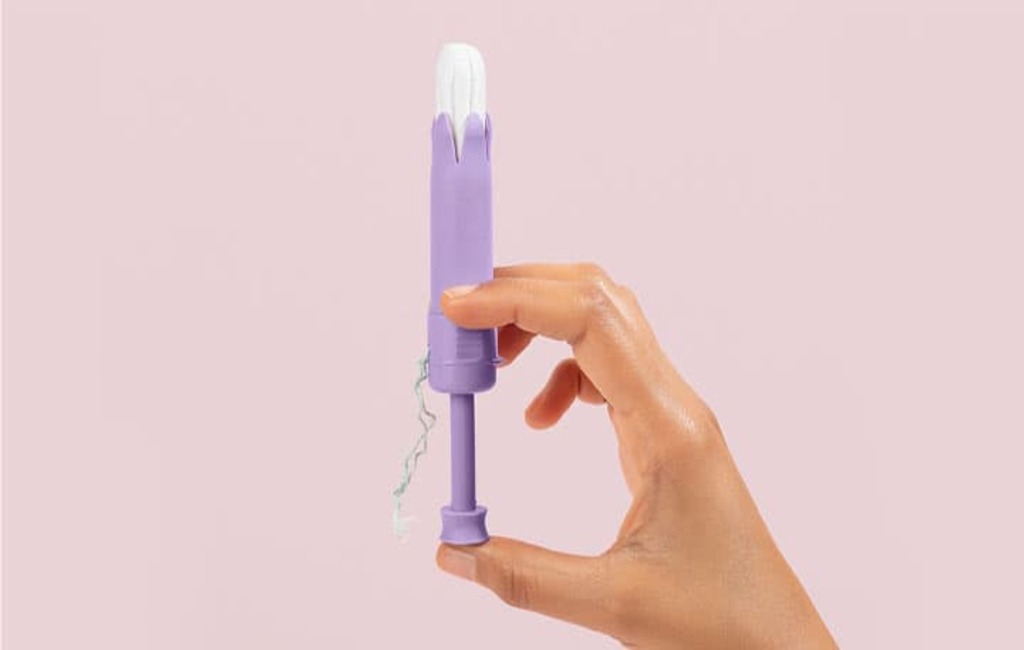Silicone Cup vs. Tampon: Making Informed Choices for Menstrual Hygiene
By Ashmal Shah
7 August 2023
When it comes to menstrual hygiene, women have a plethora of options to choose from, including traditional tampons and newer alternatives like silicone cups. As discussions about sustainable and eco-friendly menstrual products trend, it's essential to understand the differences between these two choices. This article compares silicone cups and tampons, providing valuable insights to help women make informed decisions based on their individual needs and preferences.
Silicone Cup: A Modern Menstrual Innovation
![]()
1. Embracing Eco-Friendliness
Silicone cups are a popular choice among eco-conscious individuals as they are reusable and reduce waste significantly.
2. Comfort and Flexibility
Silicone cups are made from medical-grade silicone, offering a comfortable and flexible fit that adjusts to the body's contours.
3. Extended Wear Time
Silicone cups can be worn for up to 12 hours, making them convenient for busy lifestyles and overnight use.
Tampons: A Time-Tested Option

1. Absorbency and Convenience
Tampons are known for their high absorbency, making them ideal for heavy flow days and providing hassle-free disposal options.
2. Variety of Sizes and Types
Tampons come in various sizes and types, catering to individual flow preferences and providing options like scented and unscented variants.
3. Discreet and Travel-Friendly
Tampons are compact and easily portable, allowing women to maintain their daily activities discreetly.
Comfort and Fit: Silicone Cup vs. Tampon
1. Customizable Fit
Silicone cups can be trimmed or folded to achieve a comfortable and secure fit, minimizing leakage.
2. Finding the Right Absorbency
Tampons offer different absorbency levels to match various flow intensities, allowing women to select the most suitable option.
Health Considerations: Silicone Cup and Tampon
1. Reduced Risk of Toxic Shock Syndrome (TSS)
Silicone cups do not increase the risk of TSS, which can be associated with tampon use if not changed regularly.
2. Allergen Concerns
Individuals with latex or certain material allergies may opt for silicone cups, which are generally hypoallergenic.
3. Potential for Dryness
Tampons can absorb natural vaginal moisture, causing dryness in some cases, while silicone cups do not affect vaginal moisture.
Environmental Impact: Sustainable Choices
1. Minimizing Environmental Footprint
Silicone cups contribute to waste reduction by being reusable for several years, decreasing the number of single-use products discarded.
2. Biodegradability of Tampons
Biodegradable tampons are available, offering eco-friendly alternatives for environmentally-conscious users.
Economical Considerations: Long-term Cost
1. Cost-Effectiveness of Silicone Cups
While silicone cups have a higher upfront cost, their long-lasting durability makes them more cost-effective in the long run.
2. Budget-Friendly Tampons
Tampons are readily available at various price points, catering to different budgets.
Personal Preference and Comfort
1. Personal Comfort and Familiarity
Choosing between a silicone cup and tampon ultimately depends on individual comfort and familiarity with the product.
2. Trying Both Options
Women may choose to try both silicone cups and tampons to determine which option best suits their needs and lifestyle.
Conclusion
When it comes to menstrual hygiene, women have a range of choices, including silicone cups and tampons. While silicone cups offer eco-friendliness and extended wear time, tampons provide convenience and a time-tested option for many. Comfort, health considerations, environmental impact, and personal preference are vital factors to consider when making an informed choice between the two. Ultimately, women should choose the menstrual hygiene product that aligns with their lifestyle, values, and individual needs, ensuring a comfortable and confident period experience.
You Might Also Want To Read This
Popular Posts





